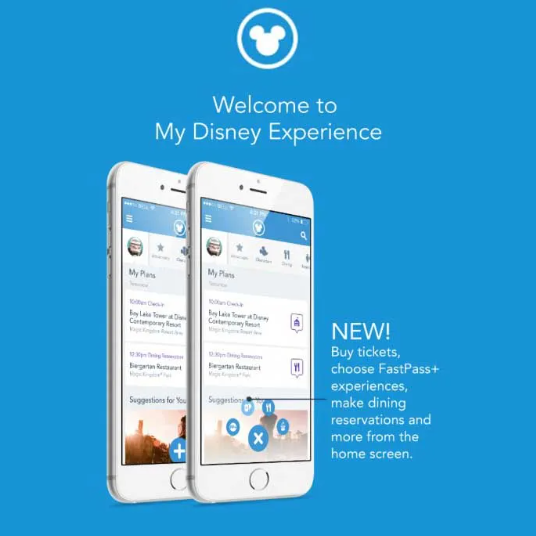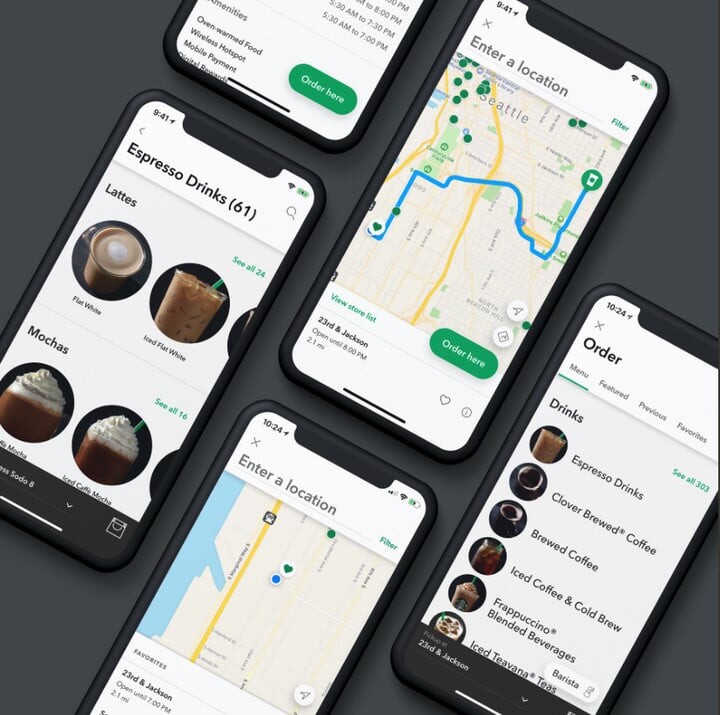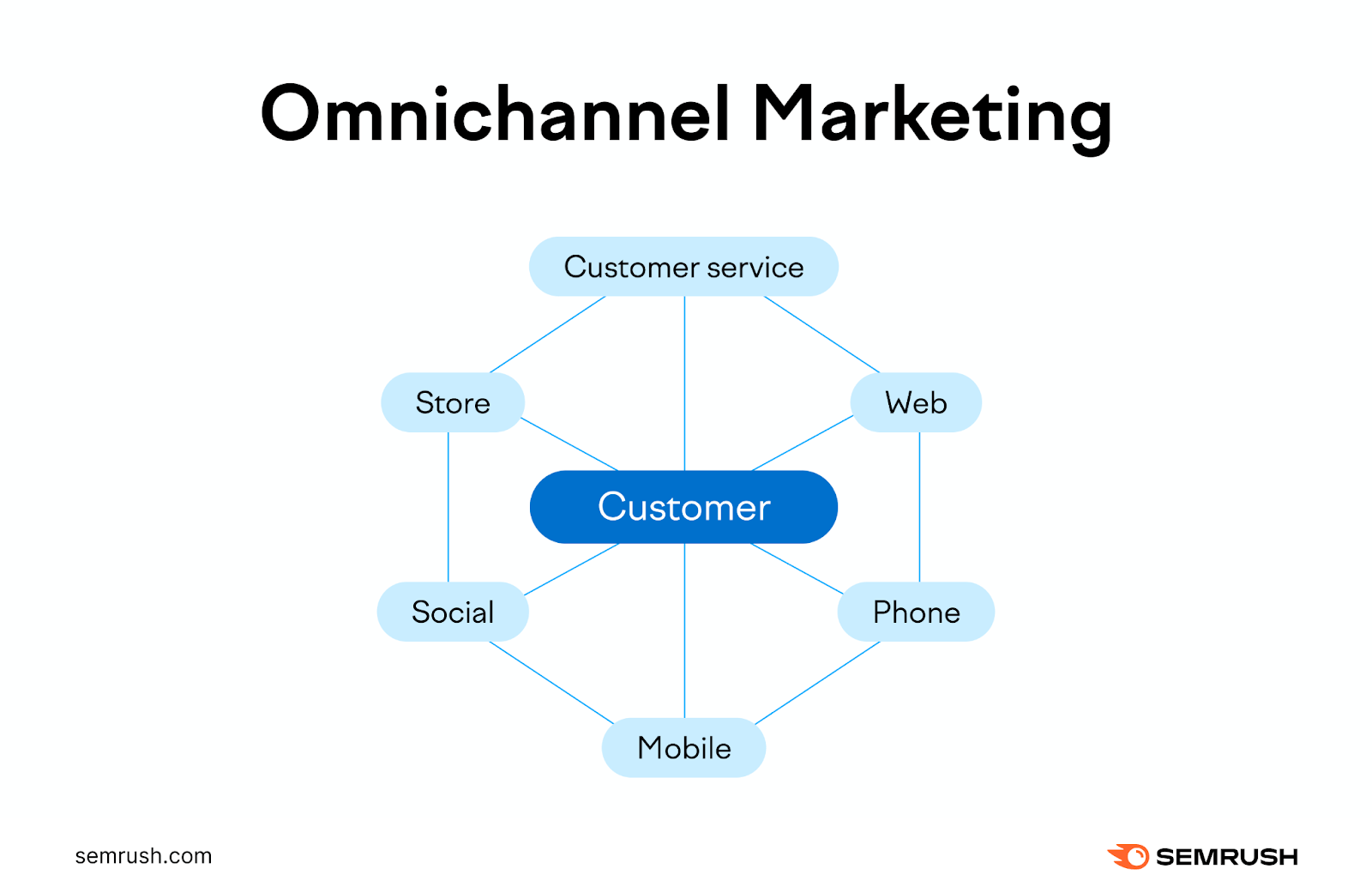As we navigate through the digital landscape in 2024, the rise of omnichannel strategies has become a game changer in the world of digital marketing. The earlier siloed approach to digital marketing is being replaced by this integrated, customer-centric strategy. Omnichannel marketing, with its seamless shopping experience across all platforms, is not just a trend, it’s the future.
The Evolution of Digital Marketing
Digital marketing has experienced a profound transformation over the past decade. From simple email marketing campaigns and search engine optimization, we’ve moved to more complex strategies like social media marketing, influencer marketing, and now, omnichannel marketing. This evolution is driven by the increasing digital savviness of consumers and their demand for a more personalized and unified shopping experience.
Understanding Omnichannel Marketing
But that exactly is omnichannel marketing? Simply put, it’s a marketing strategy that provides a consistent and seamless customer experience, regardless of the channel or device used. It’s about creating a unified brand perception across all touchpoints — online and offline, from social media and email to physical stores and mobile apps.
Several successful brands have pioneered the implementation of effective omnichannel strategies, setting new standards in customer engagement and satisfaction. For instance, Disney’s integration of the My Disney Experience app allows visitors to plan their trip, access their hotel room, and enjoy a personalized itinerary that syncs with their wearable MagicBand.
Retail giants like Starbucks also employ omnichannel tactics, where customers can add funds to their Starbucks card via website, mobile app, or in-store, and manage their rewards seamlessly. Another example is the fashion retailer Nordstrom, which offers an experience where customers can shop online, try on clothes in-store, and order items to be shipped directly to their homes, merging digital convenience with traditional shopping.
These examples showcase the real-world applications and successes of omnichannel marketing strategies in providing superior customer experiences.
The Power of Omnichannel Strategies
The power of omnichannel strategies lies in their ability to leverage data from multiple channels, to deliver a personalized, integrated, and seamless customer experience. This strategy not only increases customer engagement and brand loyalty but also drives higher conversion rates and revenue.
In addition, implementing an omnichannel approach allows businesses to gain valuable insights into customer behavior and preferences. By collecting data from various touchpoints, companies can analyze patterns, identify trends, and make data-driven decisions to further optimize their marketing and sales strategies. This holistic view of the customer journey enables businesses to tailor their messaging, offers, and interactions to each individual customer, creating a truly personalized and impactful experience.
By adopting an omnichannel strategy, businesses can stay ahead of the competition and meet the ever-evolving needs of their customers. The ability to seamlessly connect with customers across multiple channels, while utilizing data to drive decision-making, is a powerful tool for driving growth and success in today’s digital landscape.
The Role of Technology in Omnichannel Marketing
The rapid rise of advanced technologies, such as artificial intelligence (AI), machine learning, and big data analytics, has revolutionized the way we harness and analyze customer data. By leveraging these cutting-edge tools, marketers now have the capability to collect and analyze data from multiple channels in real-time, enabling them to gain valuable insights into customer behavior and preferences.
With this wealth of information at their fingertips, marketers can create highly personalized and contextually relevant messages that resonate with individual customers on a deeper level. By tailoring their marketing efforts to match the unique needs and preferences of each customer, businesses can enhance the overall customer experience and drive sales.
This seamless integration of technology and data empowers marketers to deliver targeted messages that truly connect with customers, fostering long-lasting relationships and driving business growth. The ability to analyze customer data in real-time and derive actionable insights has become a game-changer in the world of marketing, allowing businesses to stay ahead of the competition and deliver exceptional customer experiences.
The Future of Digital Marketing
The future of digital marketing lies in the successful implementation of omnichannel strategies. As we move forward, businesses that fail to adopt this approach risk losing out to their competitors who are better able to meet the evolving expectations of today’s digital consumers.
The rapid evolution of digital marketing, driven by advancements in technology and changing consumer behavior, is reshaping the marketing landscape. As digital marketers, we need to stay abreast of these changes and adapt our strategies accordingly. The rise of omnichannel marketing presents both challenges and opportunities. While it requires a shift in mindset and approach, it also offers the potential for increased customer engagement, brand loyalty, and revenue. So, as we look ahead to the future, it’s clear that omnichannel strategies will continue to play a pivotal role in the world of digital marketing. Ready to get started? Contact us today.







